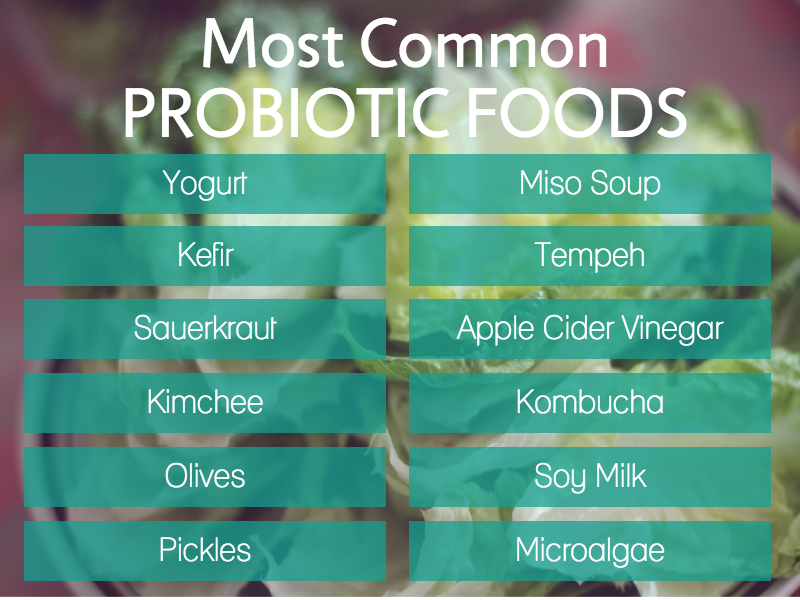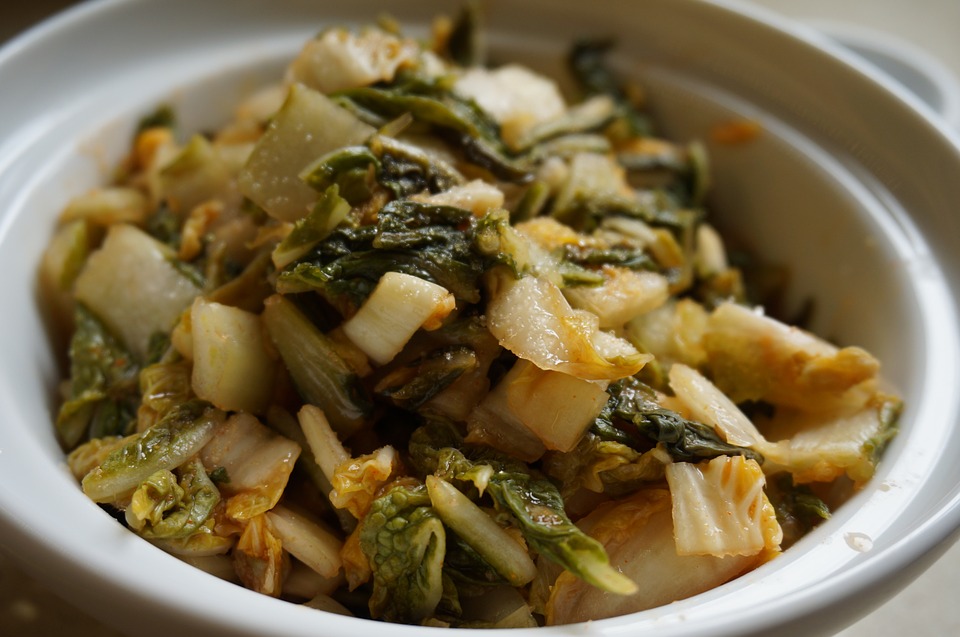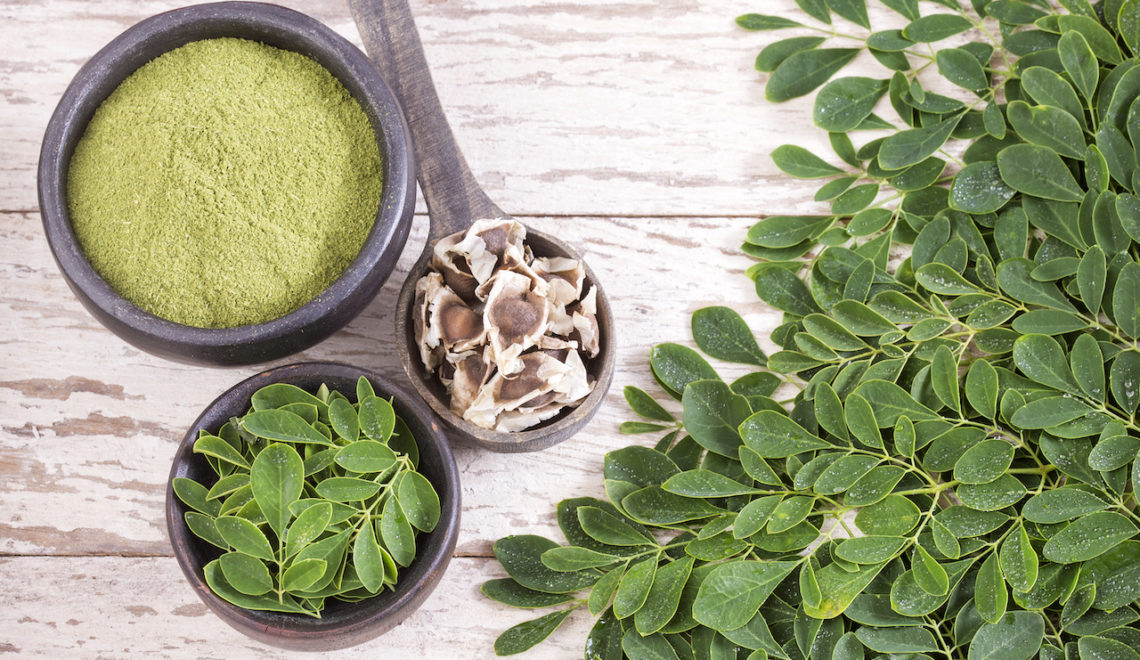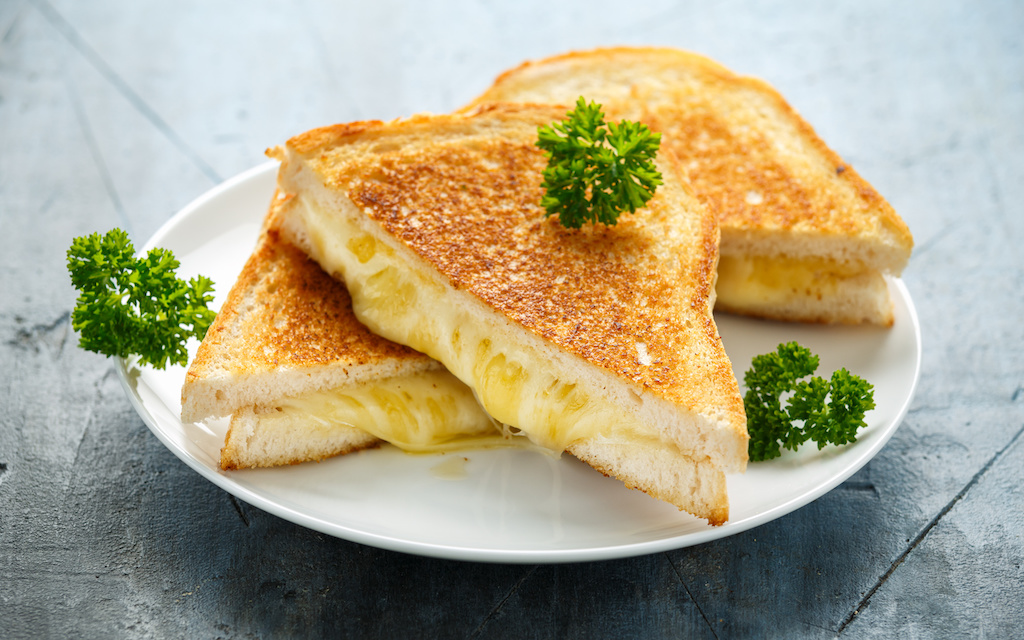
Yogurt, sauerkraut, kombucha, olives, kimchi – these things have a very deep connection with each other and it isn’t just that they’ve been gaining popularity in the last few years. All of these foods are host to some very small organisms called probiotics.
What are Probiotics?
Probiotics are beneficial gut bacteria that can be found naturally in fermented foods or taken as a supplement found in most drug stores. Recently, probiotics have been commercially added to foods like yogurt and juices.
The two most common types of healthy bacteria are Lactobacillus and Bifidobacterium bacteria. They are both found in dairy products and can help with lactose digestion.
How Foods Become Probiotic
When a food naturally ferments, the different species of Lactobacillus bacteria that live on the surface of the food (like cabbage in sauerkraut and kimchee) multiply. This leads to a tangy taste (due to acid production by the bacteria) and millions of beneficial bacteria for your gut.
Historically, people fermented foods as a preservation method due to the lactic and acetic acids and antimicrobials present. Fermentation also helped to bring a diversity of flavors, aromas, and textures to food, and increase the nutritive value with proteins, amino acids, vitamins, and fatty acids.

The Benefits
Bacteria outnumber cells in your body 10 to 1. Studies have shown that a healthy variety of good bacteria in your gut can help with digestion, intestinal inflammation, weight loss, mood, immune system functioning, and more.
It can also help people who are lactose intolerant with digesting lactose, the sugar found in milk products. Probiotics are also doctor recommended for travelers who may be going to areas with different bacteria as a way to prevent diarrhea.

How do Probiotics Work?
Probiotics living in your gut help digest foods. There are different gut bacteria for digesting different types of foods, but complex foods, like an apple, require more variety in gut digestion than a simple food, like a piece of candy. In addition to being a great source of vitamins and minerals, a diet rich in a variety of fruits and vegetables is beneficial to our gut bacteria.
Do keep in mind that just because a food is fermented does not mean it contains probiotics. For example, foods that are pasteurized lack the healthy bacteria that aid in digestion, like pickles or other picked vegetables. Also, steer clear of yogurts that may have probiotics, but also are high in sugar.










